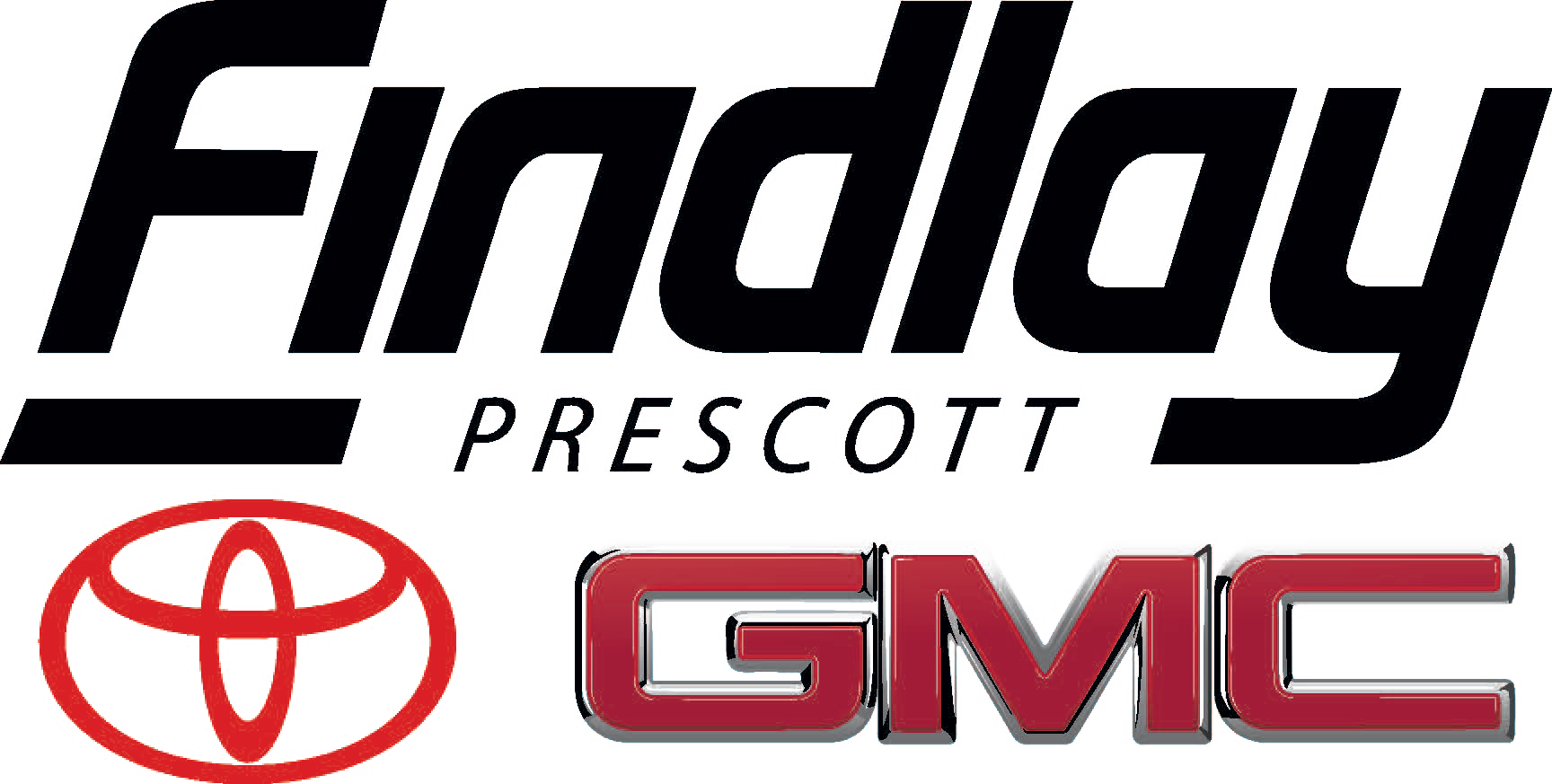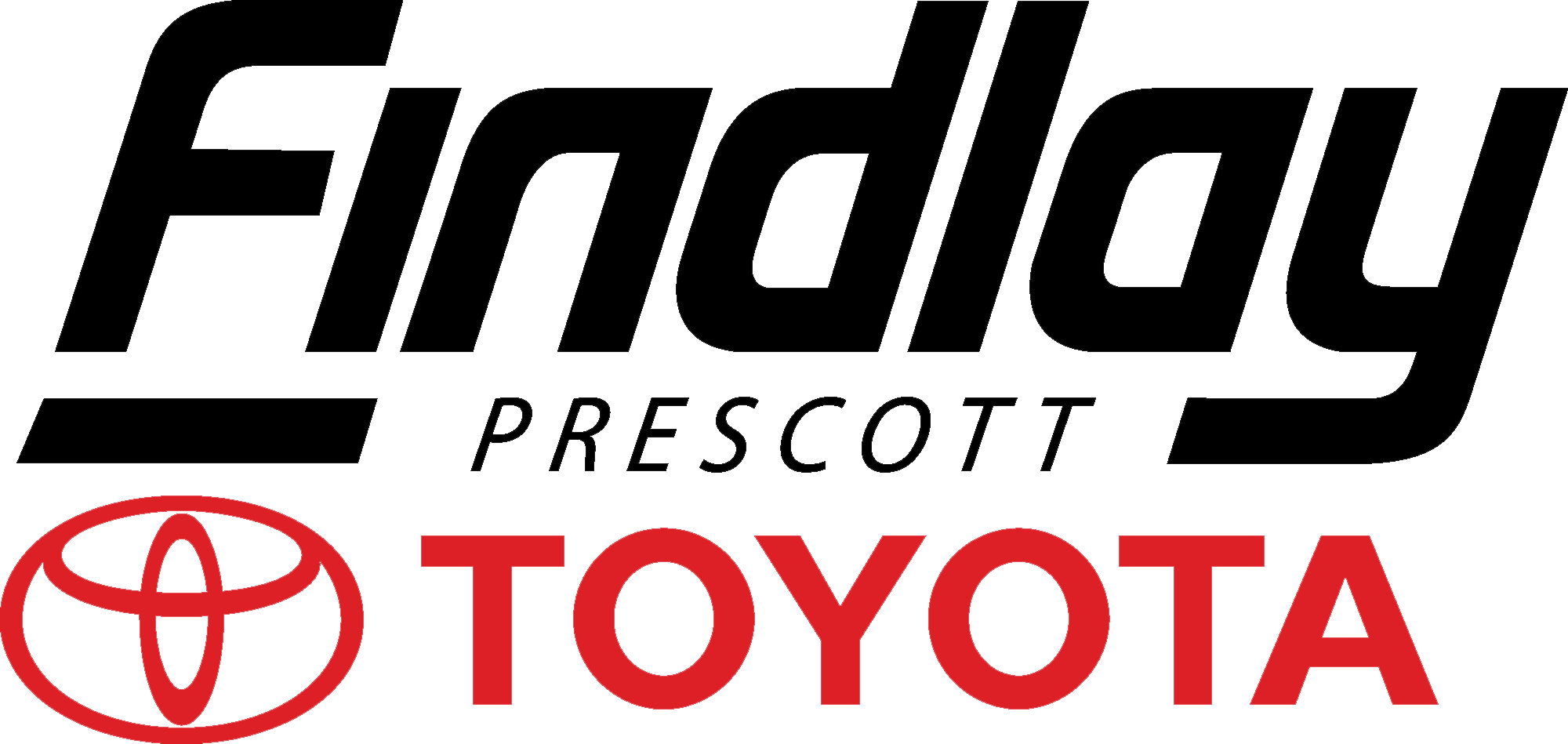This was originally published in The Daily Courier (our hometown Newspaper!)
Arizona Downs to reopen for horse racing under new management this summer.
32-day season scheduled for Tuesdays and Wednesdays from June 1 to Sept. 15.
In an attempt to save the Arizona Downs horse-racing track from shuttering permanently, track ownership this past month hired Peninsula Pacific Entertainment (P2E) to resuscitate, manage and operate the 20-year-old complex at 10501 E. Highway 89A in Prescott Valley.
Track co-owner Tom Auther has brought on Virginia-based Colonial Downs and Rosie’s Gaming Executive Vice President of Operations John Marshall as a temporary manager/operator to reopen Arizona Downs after it was closed last summer because of the COVID-19 pandemic.
Speaking on behalf of Auther, Marshall told The Daily Courier that he will hire a permanent general manager as soon as this week to try to keep the track from closing in the coming years.
Currently, Turf Paradise in Phoenix is the only other horse-racing track operating in Arizona. Historic Rillito Park in Tucson remains closed.
Arizona Downs and the Arizona Horsemen’s Benevolent and Protective Association (HBPA) have agreed to a live-racing contract for the 2021 season with 32 race days on Tuesdays and Wednesdays, from June 1 through Sept. 15. Daily purses would average $70,000 per day.
“This is an opportunity we have to save racing in Arizona,” Marshall said. “I’m really looking forward to it.”
Although Marshall added that he has committed to reopen Arizona Downs, he added that the future of racing hinges on whether the Arizona State Legislature approves Senate Bill 1794 this year.
Marshall and others in the horse-racing community say that the bill, if it becomes law, would modernize horse racing and increase revenues for Arizona’s remaining tracks.
Steve Patterson of Arrow Strategy Group, a media relations firm, said that in 2019, ELS Gaming secured an option to buy Arizona Downs. The plan, he added, is to make a $300 million capital investment that would generate more than $100 million in new tax revenues and create nearly 4,000 new jobs.
“With Arizona live-race attendance plummeting by 45% over the last 15 years and pari-mutuel handles down by $55 million a year, ELS — in partnership with local horsemen and community groups — has developed a solid legislative proposal to modernize state wagering laws and save Arizona horse racing,” Patterson added.
Marshall’s Role
ELS Gaming has charged Marshall with operating the summer schedule at Arizona Downs. Three years ago, Marshall reopened the shuttered Colonial Downs in New Kent, Virginia, transforming it into a thriving venue with an off-track betting network (OTB) with hundreds of employees in support of Virginia horsemen, Patterson said.
“The track and the OTBs generated more than $1 billion in the first six months of operation,” Patterson added.
Marshall said the goal at Arizona Downs is to engage Quad Cities residents about what the track would offer.
Arizona Downs has had a year-long partnership with ELS Gaming. Only last month did Peninsula Pacific Entertainment (P2E) join the partnership and agree to invest in managing operations to bring racing back to Arizona Downs, Patterson said.
P2E, a national company, has ownership in gaming ventures, including horse-racing tracks and OTB complexes in Virginia and Louisiana.
“P2E will consult with Arizona Downs ownership on the management of live racing and simulcast operations during the racing season,” Patterson added. “… They bring a record of supporting state horsemen and involving the community in all they do.”
The Problem…And The Solution
Horse racing in Arizona has struggled mightily over the past six years, Patterson says, adding that handles have dropped by about $55 million per year, purses have fallen $5 million per year, and attendance at live races has decreased by 45%.
Meanwhile, Patterson added, Arizona’s Native American tribes that operate casinos have seen their gaming revenues rise from $1.3 billion to $2 billion.
Several years ago when the former Yavapai Downs closed, then-owner Gary Miller said the sticking point for reopening the track was getting Arizona’s tribes to agree to allow gaming machines at the Downs. Miller wanted a so-called “racino” for generating revenue at the Downs to keep it financially viable.
Although that proposal failed in the Arizona Legislature, Senate Bill 1794 takes a different tack with a similar issue. Patterson said the Arizona HBPA, Arizona Downs, Turf Paradise and P2E support the provisions in the current bill “to modernize horse racing.”
As proposed, SB 1794, per Patterson, would:
• Generate more than $100 million in new state tax revenues.
• Make $300 million in capital investments, including a new turf track at Arizona Downs. This proposal plans to create nearly 4,000 new, livable-wage jobs (1,000 directly from the track) and up purses from $80,000 to $300,000 to attract horses, fans and revenues from California tracks that have closed.
• Modernize Arizona’s wagering laws. The plan is to create new revenues for the hospitality industry and through OTBs in bars/restaurants; allow sports betting at Arizona tracks and OTBs; allow Historic Horse Racing machines at existing horseracing tracks and OTBs; and provide new revenues to the horseracing industry and local businesses.
Key To Success: Historic Horse Racing
If horseracing is to survive in Arizona, it may hinge on Historic Horse Racing (HHR).
Instead of operating standard slot machines at Arizona Downs, HHR machines would allow players to place pari-mutuel wagers on historic races. HHR machines give players enough information to handicap a historic race, but not enough information to identify the race.
“HHR allows tracks to generate revenues after races and on non-racing days,” Patterson said.
Of the four states that allow HHR, Patterson added, HHR generated nearly $4 billion in revenue in 2019 alone.
P2E reports that tracks in Wyoming raked in $793 million, tracks in Kentucky made $20 million, tracks in Oregon garnered $20 million, and tracks in Virginia brought in $1 billion (in six months).
“The revenues are real and the results are proven,” Patterson said. “Arizona horse racing needs Historic Horse Racing to survive.”
For further updates please refer to our Website, Facebook and Twitter pages.
###

